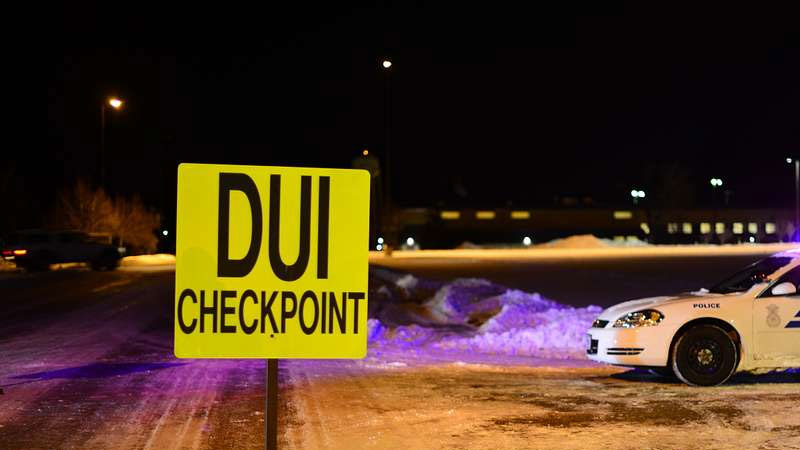Jamie’s evening drive through the scenic roads of Connecticut was abruptly changed by the sight of flashing police lights in the rearview mirror. This moment, while anxiety-inducing, was also an essential reminder of each driver’s role in road safety. With the knowledge that sobriety checkpoints have significantly reduced car accident deaths, Jamie prepared for a responsible interaction, understanding the importance of such measures in safeguarding public welfare.
In Connecticut, where road safety is paramount, understanding the nuances of traffic stops and sobriety checkpoints is essential. With her deep expertise in Connecticut law, Attorney Kerry Socha emphasizes the significance of being well-informed in these situations.
Sobriety Checkpoints: Saving Lives and Shaping History:
The introduction of sobriety checkpoints in the 1930s marked a pivotal moment in road safety. These checkpoints, which have been a part of U.S. road safety strategy since the 1980s, are crucial in reducing drunk driving incidents. The CDC’s findings underscore their effectiveness, with nearly a 20% reduction in car accident deaths attributable to these measures. In Connecticut, the legal framework governing these checkpoints requires adherence to stringent standards, ensuring their operation within the confines of the law while prioritizing public safety.
Legal Foundations and Operational Standards:
In Connecticut, the legality of sobriety checkpoints, upheld by the Appellate Court in 1996, hinges on their adherence to specific criteria. These include strategic placement in areas with a history of driving violations, visible signage and lights for transparency, and mandatory authorization from senior law enforcement officials. The purpose is twofold: to deter drunk driving and to conduct these operations in a manner that respects individual rights while prioritizing communal safety.
The Role of Checkpoints in Modern Road Safety:
Sobriety checkpoints serve as a critical deterrent against drunk driving, a major cause of road fatalities. The stark reduction in drunk driving-related deaths from pre-DUI law times to now is a testament to the effectiveness of these legal measures. They are integrating technology, such as traffic apps and news alerts, to aid in public awareness, ensuring that these checkpoints are not just enforcement tools but also educational opportunities for the driving public.
Guidelines for Drivers at Checkpoints:
As you approach a checkpoint, it’s essential to cooperate fully with law enforcement. Officers typically employ a random selection method to test drivers, ensuring fairness and non-discrimination. These checkpoints are not only about enforcing the law but are integral to the broader commitment to public safety and responsible driving.
Best Practices During Traffic Stops:
In any traffic stop, the key is to remain calm, polite, and cooperative. Ensure your hands are visible, provide necessary documentation when asked, and remember your rights, including the right to remain silent. It’s also important to understand the nature of any citations issued and your right to contest them legally.
Seeking Legal Assistance:
In situations where a routine stop escalates to a legal charge, such as a DUI, the guidance of a knowledgeable attorney becomes indispensable. Attorney Kerry Socha’s expertise in Connecticut’s traffic laws and her commitment to protecting the rights of her clients make her an essential resource in such scenarios.
Conclusion:
Understanding and respecting the role of police stops and sobriety checkpoints are crucial in maintaining road safety in Connecticut. By staying informed and prepared, drivers can contribute to a safer driving environment while safeguarding their rights. For those facing legal challenges or seeking more information, Attorney Kerry Socha’s expertise in traffic law provides a beacon of guidance and support. Visit Kerry Socha Law for comprehensive legal assistance and to ensure you’re always prepared for the road ahead.

